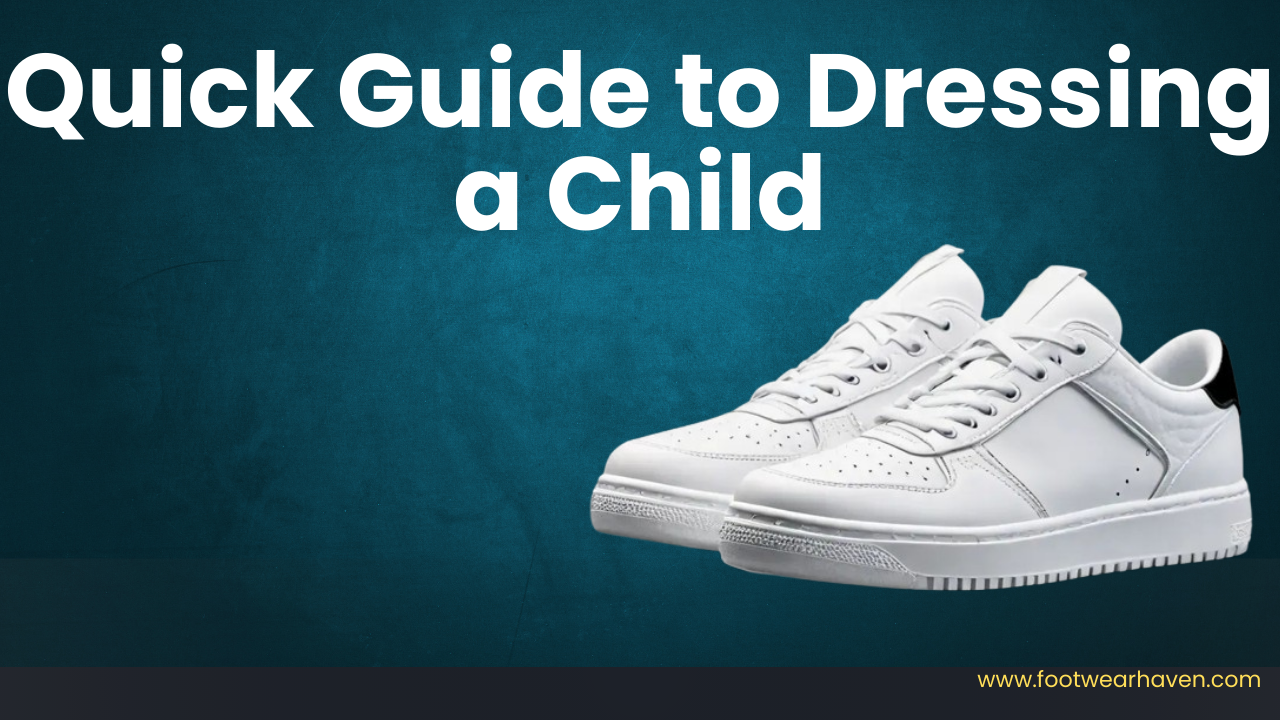Dealing with sensory clothing issues in children can be challenging. The last thing you want is to force your child into something that makes them uncomfortable. Along with choosing sensory-friendly clothing like Foot Wear Haven inserts, here are some strategies to reduce the stress of dressing a child with sensory sensitivities.
Why Your Toddler Hates Getting Dresse
Is your child crying when it’s time to get dressed? Do they fidget or pull at their clothing? Or perhaps you’ve seen them kick and scream over wearing socks?
Also Read : Boring summer day
Children with autism, ADHD, anxiety, or sensory processing disorder often experience discomfort with certain fabrics or clothing types. Their nervous systems may misinterpret sensations, leading to sensory overload, causing your child to avoid certain clothing textures. Sensory-sensitive children may also react strongly to bright lights or loud noises.
Do clothing sensory issues mean autism?
Not all children who struggle with getting dressed have autism. Some may simply be hypersensitive to certain fabrics or sensations. As a parent, it’s important to understand your child’s discomfort and work towards making them feel comfortable.
It’s likely they’re not being stubborn, but are dealing with sensory sensitivities to clothing. If this behavior interferes with daily activities or their school life, it may be worth consulting their pediatrician for further guidance.
What You Can Do
Socks are often a major source of discomfort for children with sensory issues. Traditional socks can feel “bunchy” and lead to panic. The solution? FLAT SOCKS Kids — they’re no-slip, no-hassle socks with fun patterns like dinosaurs and outer space that your child will love.
Tips on Dressing Kids with Sensory Sensitivities
Children with sensory sensitivities may take time to adjust to new clothes. Here are some practical tips to ease the process:
Be Patient
Kids with sensory issues need their feelings validated. Let them know it’s okay to feel discomfort and that you’re there to help. Forcing them into clothes they dislike can lead to feelings of overwhelm.
Give Yourself More Time
Rushing to get to school or work can increase stress for both you and your child. Lay out a few outfit choices the night before to make mornings smoother.
Be Present
Also Read : Socks wearing with flats
Help your child with new clothes, paying attention to any folding or bunching. Show excitement over new outfits to encourage them.
Warm Up
Sensory play before dressing can increase your child’s tolerance to different textures. Activities like making the bed or jumping jacks can help.
Choose the Right Undergarments
Ensure your child’s socks and underwear are seamless, breathable, and fitted to avoid irritation. Socks are especially important due to the number of nerve endings in the feet.
Offer Choices
Allowing your child to choose their outfits gives them control and lets them express their preferences while trying new things.
Create a Routine
Children with sensory issues thrive with routine. Establish an order for dressing to make mornings more predictable.
Talk About Social Norms
Some children may remove clothing in public settings. Teach them about social norms and when it’s okay to change or remove clothing.
Leave Out the Details
If your child’s outfit doesn’t match or they wear fleece in the summer, ignore it if it’s not harmful. This reduces stress and promotes a better experience for both of you.
Do kids grow out of sensory clothing issues?
By being patient and working with your child, you offer them security and empowerment. As they grow, routines and understanding will help them adapt, and many children eventually outgrow sensory clothing issues.





